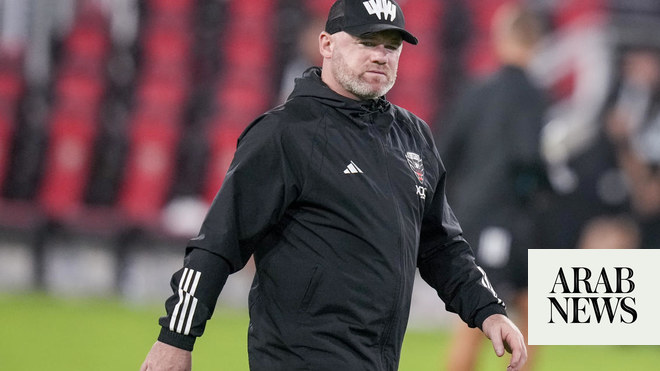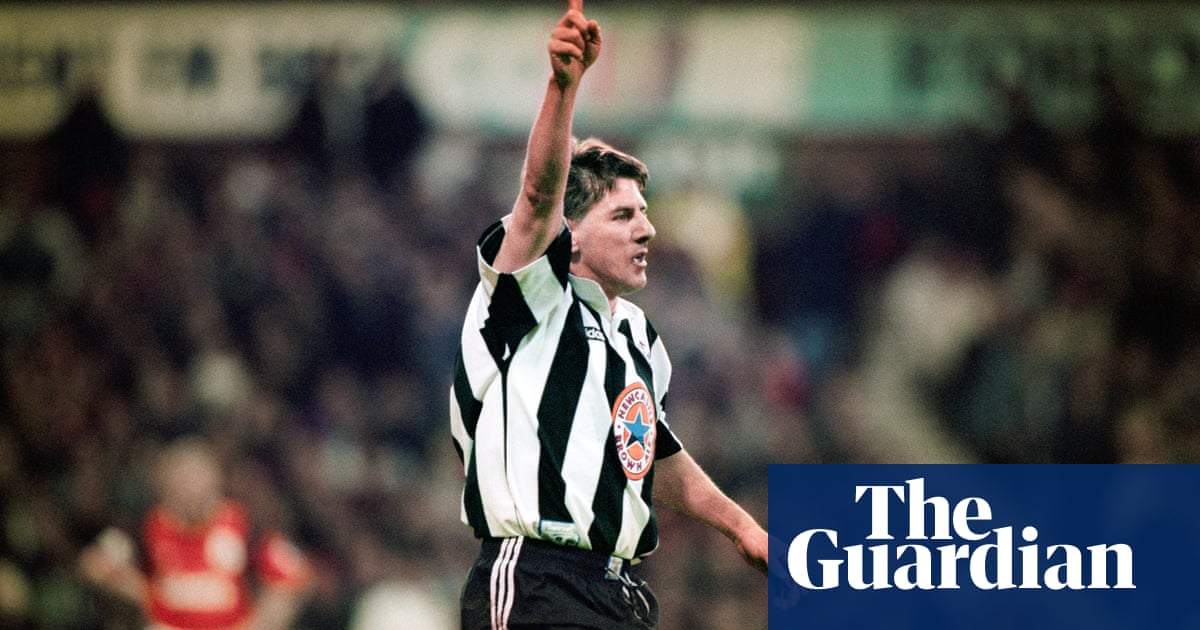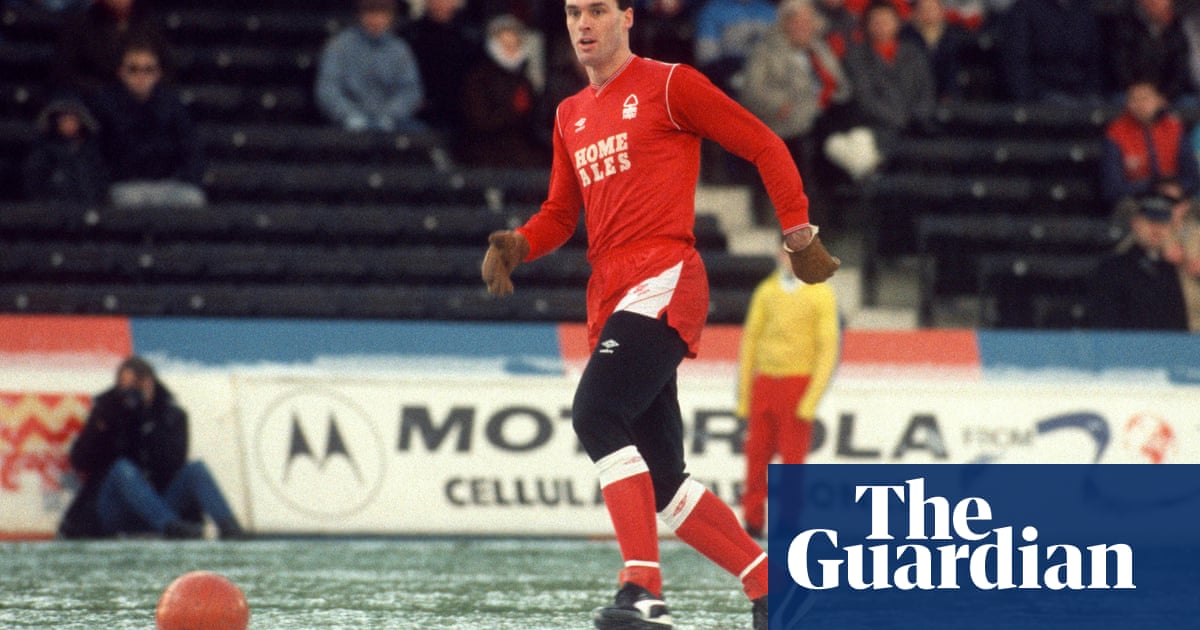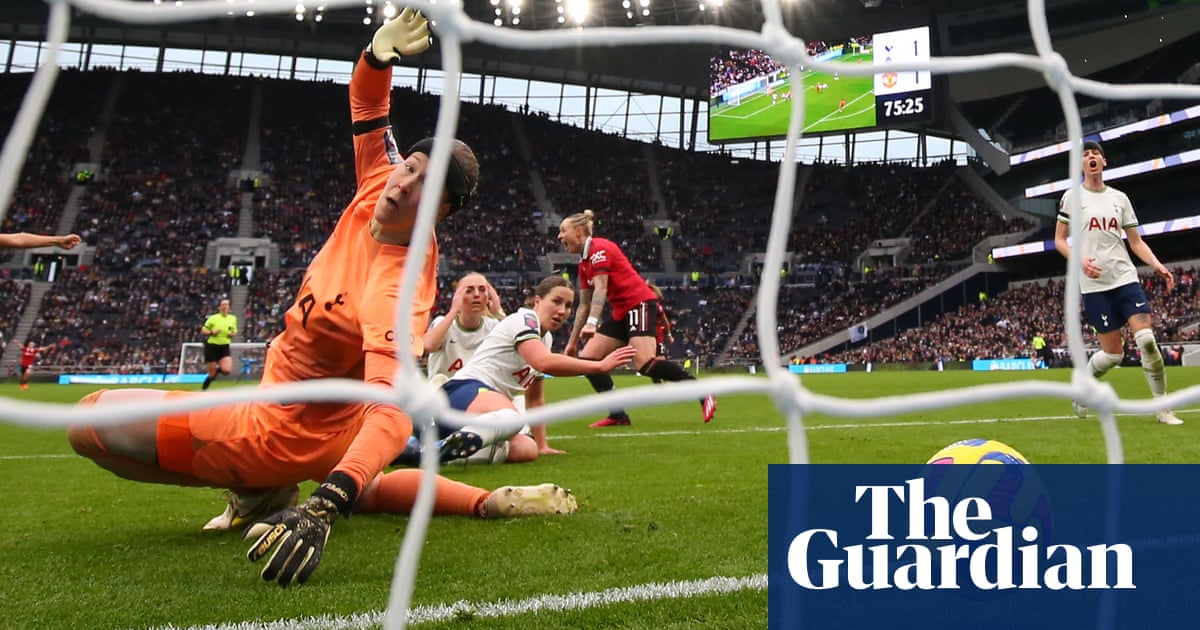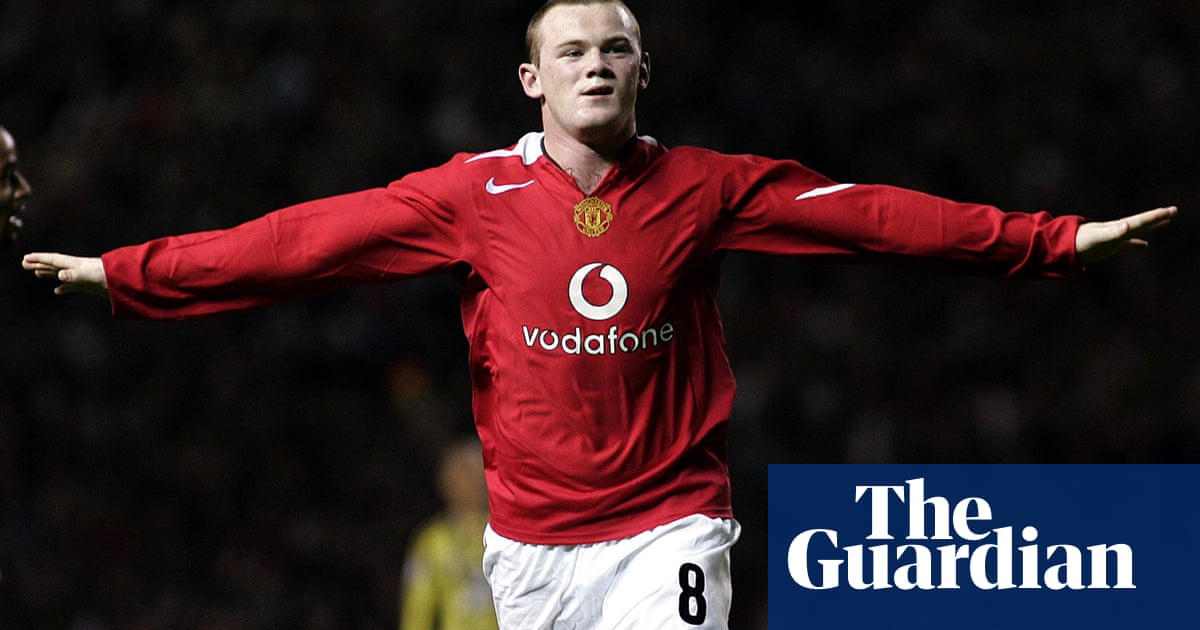
For all the adulation modern footballers receive, most will never comprehend the impact they have on young people. Sure, you get 21st-century icons such as Jack Grealish or James Maddison, who cut through all that silly public scrutiny on their hair or fashion choices and manage to connect with young supporters, but the vast majority can never truly know what they mean to fans.
I’ve worked in football journalism for almost a decade and met a fair few figures who could be deemed idols. Going to a José Mourinho press conference as a student on work experience was surreal. Making my first visit to the Old Trafford press box felt like a landmark as a boyhood Manchester United fan, as was shaking hands with Ole Gunnar Solskjær after covering a United pre-season friendly in Norway.
I’ve never met Wayne Rooney, though, and sometimes I wonder whether it’s better to keep it that way. Never meet your heroes and all that. If I did meet him, however, I’d ask him about 28 September 2004 and Manchester United 6-2 Fenerbahce.
Football had cast itself as the nucleus of my existence by that point, my affections fully occupied for life. This article could easily be centred on Solskjær’s stoppage-time strike against Bayern Munich in May 1999, for obvious reasons. But then I was only five, watching on from a distance on a small TV in Devon while on a family holiday.
Six years later, I went to Manchester United 6-2 Fenerbahce and I soaked in every second. I’d been to Old Trafford a few times before (and have been hundreds of times since) but this visit stands out like a beacon in my memory.
There wasn’t much talk about Rooney making his debut in the buildup. Yes, he’d just completed a mega money move to United from Everton, Sir Alex Ferguson (and all us fans) convinced the club had just landed their next superstar. But he wasn’t supposed to start. In a home group game against European lesser lights, it was expected that Ferguson would rotate and might bring Rooney on for five minutes. Not that I cared, attending with my dad – I just wanted to see United in the flesh once more. I think our previous visit had been a dire 0-0 draw with Newcastle.
So we wriggled our way through the hordes on Sir Matt Busby Way and into our seats in the North Stand. My dad always did this thing where he said “Welcome to Old Trafford” in the voice of a stadium announcer just as we walked up the steps to the vomitory and the ground unfurled in front of us. That sight remains just as beautiful to me today, the sweeping red stands with green grass laid out perfectly as a stage. The Theatre of Dreams was never a sardonic or tongue-in-cheek phrase to me. It was just that.
We discovered Ferguson had thrown Rooney into the starting lineup, with the 18-year-old boy wonder starting alongside Ryan Giggs and Ruud van Nistelrooy in a dream frontline. Cristiano Ronaldo remained an unused substitute that night. Ridiculous times.
It took seven minutes for the floodgates to open, Giggs with the goal that would set United on course for a routine victory. Then, on 17 minutes, the first of three dream moments for Rooney and for me. The debutant fired home a wicked left-foot effort to cap a trademark United move after Van Nistelrooy’s slide-rule pass.
Rooney’s second came hot on its heels and was even better: a drop of the shoulder, a feint on to the right foot and a rasping low drive into the corner. At that point, with United 3-0 up inside half an hour, this 11-year-old was sated.
Yet it was building to a climax. On 47 minutes Fenerbahce pulled a goal back – “to keep things interesting,” as my dad reassured me – but Rooney wasn’t to be denied. This was his throne and there were 67,000 of us there to witness the coronation.
It was 10 minutes into the second half and Rooney couldn’t have placed the ball in a better position for a free-kick. But bear in mind United fans had been spoiled with goals from these spots after years of David Beckham. With that history and the lure of the hat-trick there could have been a sense of pressure weighing heavy on those teenage shoulders.
This was a player, however, who defied such logic and so bent the perfect free-kick into the top left corner and wheeled away, having just landed in football utopia. A hat-trick on United debut in front of a packed Old Trafford. Forget Roy of the Rovers. This stuff isn’t meant to happen in reality. I wouldn’t have dared to write it in my junior school English books.
And here’s why the third goal is the one that meant the most. I had been standing on my seat as the whole crowd rose in expectation of the moment and jumped up and down incredulously, nearly toppling off. An older bloke in the seat next to me turned around beaming and shook my hand – as if this whole experience was a victory for youth, for hope for the Manchester United of tomorrow. I embraced my dad.
After the win (Van Nistelrooy and David Bellion scored after another Fenerbahce consolation) Ferguson’s post-match reaction didn’t quite chime with my own joy.
“He is only 18 and a young boy, don’t forget,” said the United manager. “The important thing for me as a coach is to allow the boy to develop naturally without too much public attention. I want him to be as ordinary as he can.”
I had – and have – the greatest respect for Ferguson and you can understand the Scot trying to downplay the hype after such a debut – but honestly such a measured response was far from my mind, drifting home after the game. In fact, it wouldn’t have mattered if Rooney had flopped at United after that. It’s just a nice piece of providence that he went on to become the club’s and England’s all-time top scorer (though Harry Kane has overtaken him with the national team).
The moment was everything, thousands celebrating together in shared ecstasy. You get that for every goal, of course, but this time the narrative had cast its spell on me and I was mesmerised by its brilliance.
Maybe that was the moment my love of football and United crystalised, rather than the 1999 Champions League final. This one was different because it was mine. I was there, I shared in witnessing history and I was old enough to take in the story, which felt significant. That it was an 18-year-old performing such magic was relevant too, Rooney being just seven years older than I was. Before him had been Beckham and Giggs and Roy Keane and they always felt like adults from another generation. Now I could chart Rooney’s career, not as a role model per se, but as a phenomenon for the millennials.
Rooney scored more eye-catching goals for United, of course: the thunderous volley against Newcastle, the overhead kick in the Manchester derby, the halfway-line strike at West Ham.
But it all started, for him and for me, with a regulation trip to Old Trafford for a Champions League group game on a warm September night. A journey had begun.





